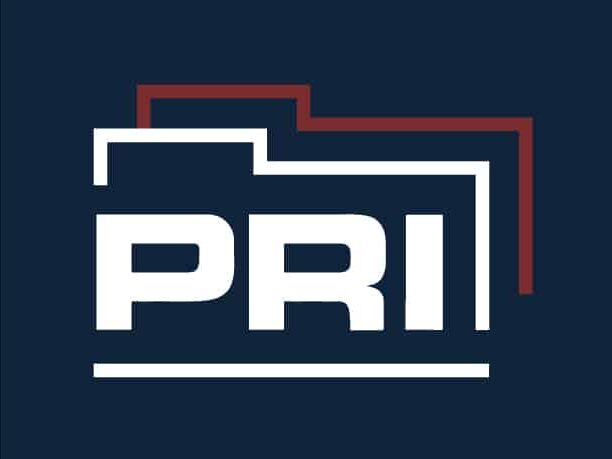Article PDF
August 2023
1. Taking too long. Every state has a law requiring government agencies to respond to public records requests within a certain timeframe. Some states require agencies to acknowledge to the requester they have received the request within a certain number of days. Some states also require them to fulfill the request within a certain number of days. Other states have a “reasonableness” standard, giving agencies the ability to respond to the request within what would be considered a reasonable amount of time, depending on the complexity of the request.
The most frequent complaint about obtaining public records is the length of time it takes. Accordingly, this is also one of the most common reasons for public records related lawsuits. Don’t delay.
2. Improper release of information. No, this does not imply releasing information that should not be released. To the contrary, most government agencies which have been sued for public records violations improperly withheld information that should have been released. Time and again, headlines reveal how information which was denied to a requester involves the kind of records that are clearly public according to the law.
Nonetheless, this is a two-sided coin, the other side of which reveals a number of lawsuits involving the release of information that is not public, and should have been withheld. Policy and training is critical to prevent these kinds of mistakes.
3. Requiring identification and/or reason for the request. Many states, if not most, allow people to submit public records requests without having to identify themselves. There are some exceptions of course. However, many agencies, as a matter of routine, require people to provide identification for every single public records request. Even worse, is asking someone why they want the records. This is an invitation to a lawsuit. Know your state’s laws in this area.
4. Tracking requests with a spreadsheet. With the seemingly ever-increasing volume of public records requests, and related litigation, using a spreadsheet or handwritten log to track and manage requests for records is woefully inadequate and risky. Public records systems such as GovQuest provide the auditing, tracking, automation, assignment, fulfillment, and payment for records all online. GovQuest is a web-based solution that only requires a login, a link on your website, and a small annual fee, to get up and running.
5. Lack of training and policy. Compliance with the maze of laws governing public records requires annual training to stay abreast of changes in the law, as well as policy which, in part, describes who is authorized to release records on behalf of the agency. Records requests can come in from any direction, to anybody, at any time. Employees need to know what to do when that happens.
About PRI:
Since 2008, PRI has been exclusively helping law enforcement agencies procure and manage their systems, records, and data, in the most cost-effective and efficient manner, while ensuring their compliance with the maze of governing public records, NIBRS, and technology standards.
To learn more about how we can support the needs of your agencies, contact us at info@policerecordsmanagement.com or call us at 305-460-0096.

 0 ITEMS
0 ITEMS